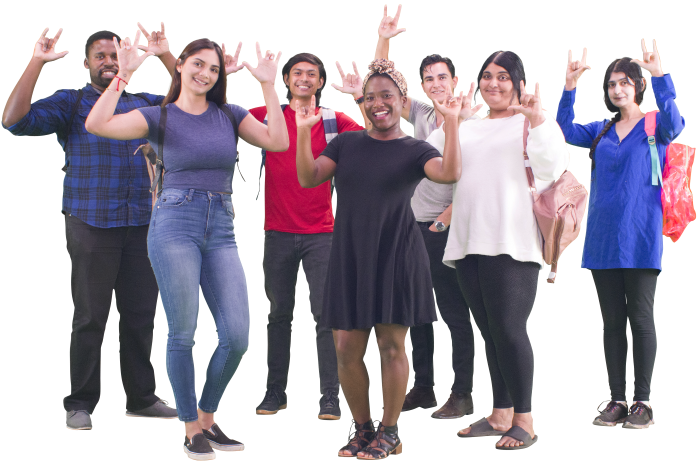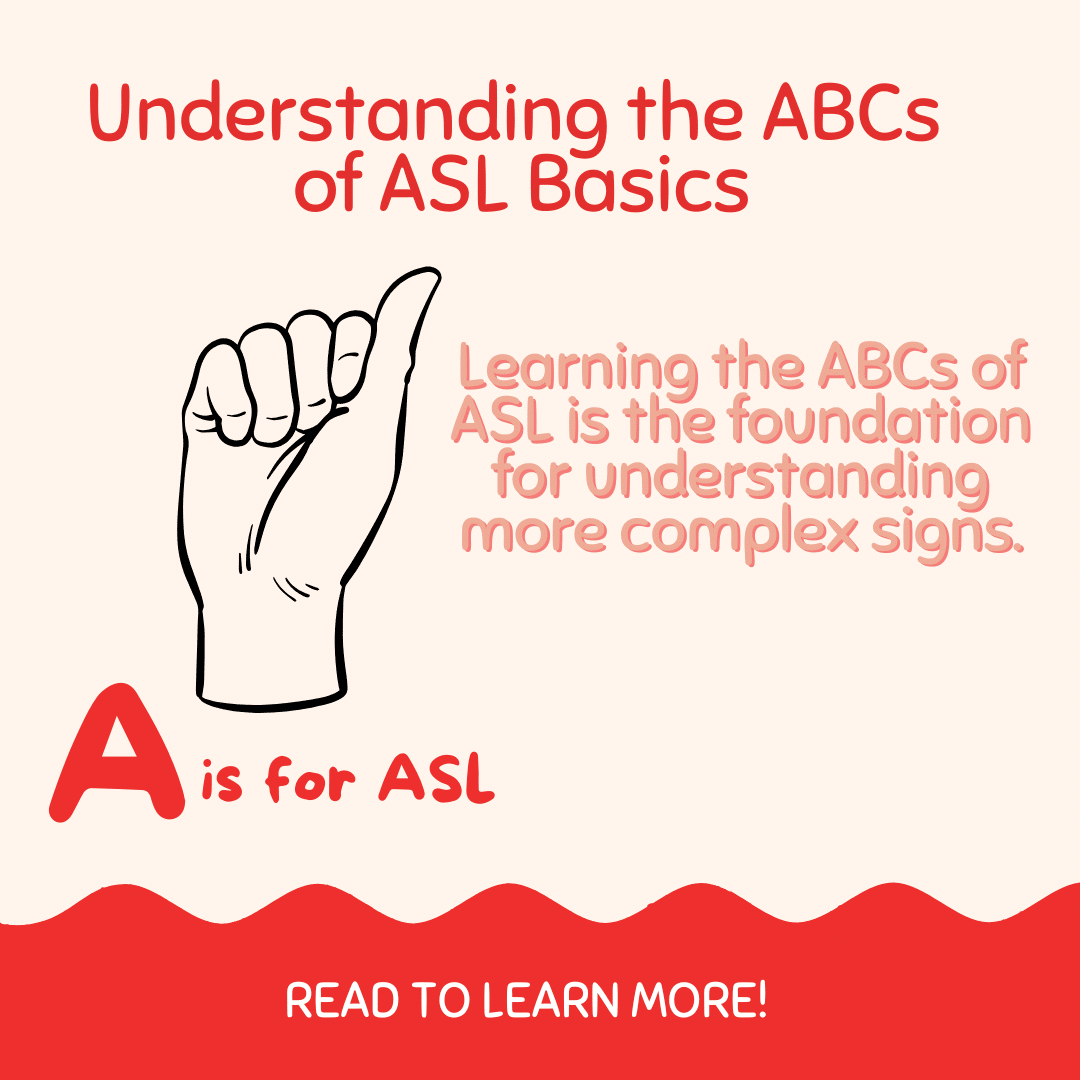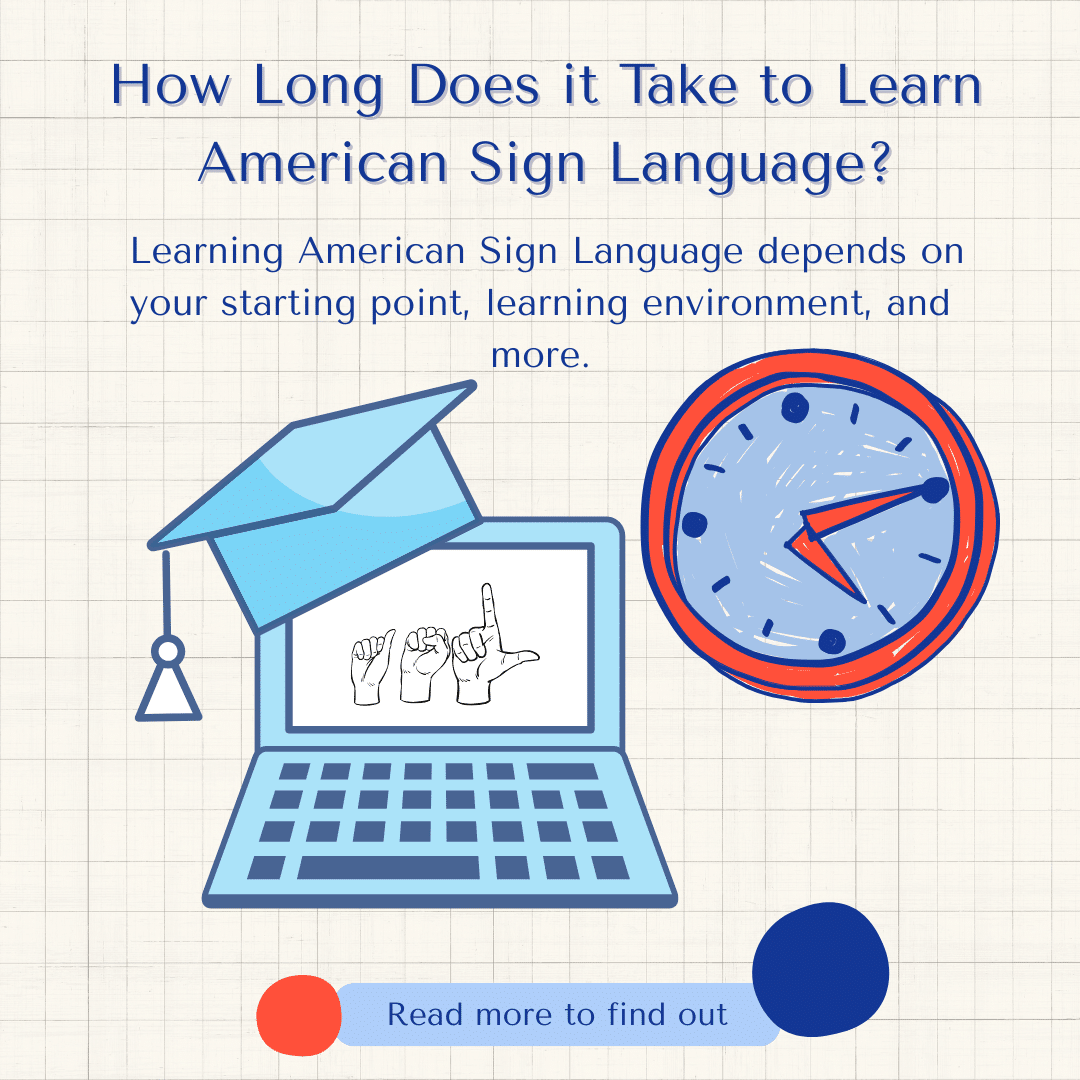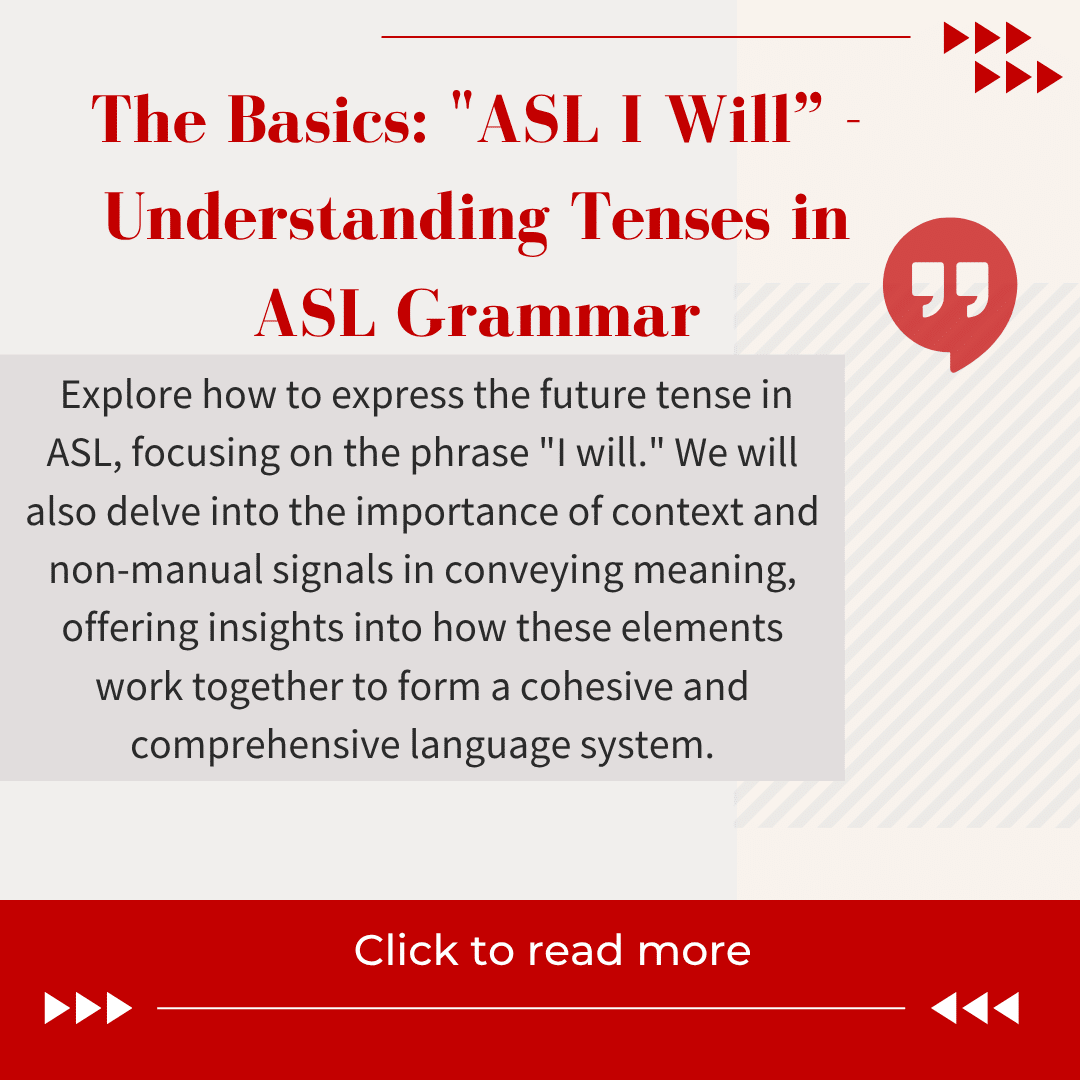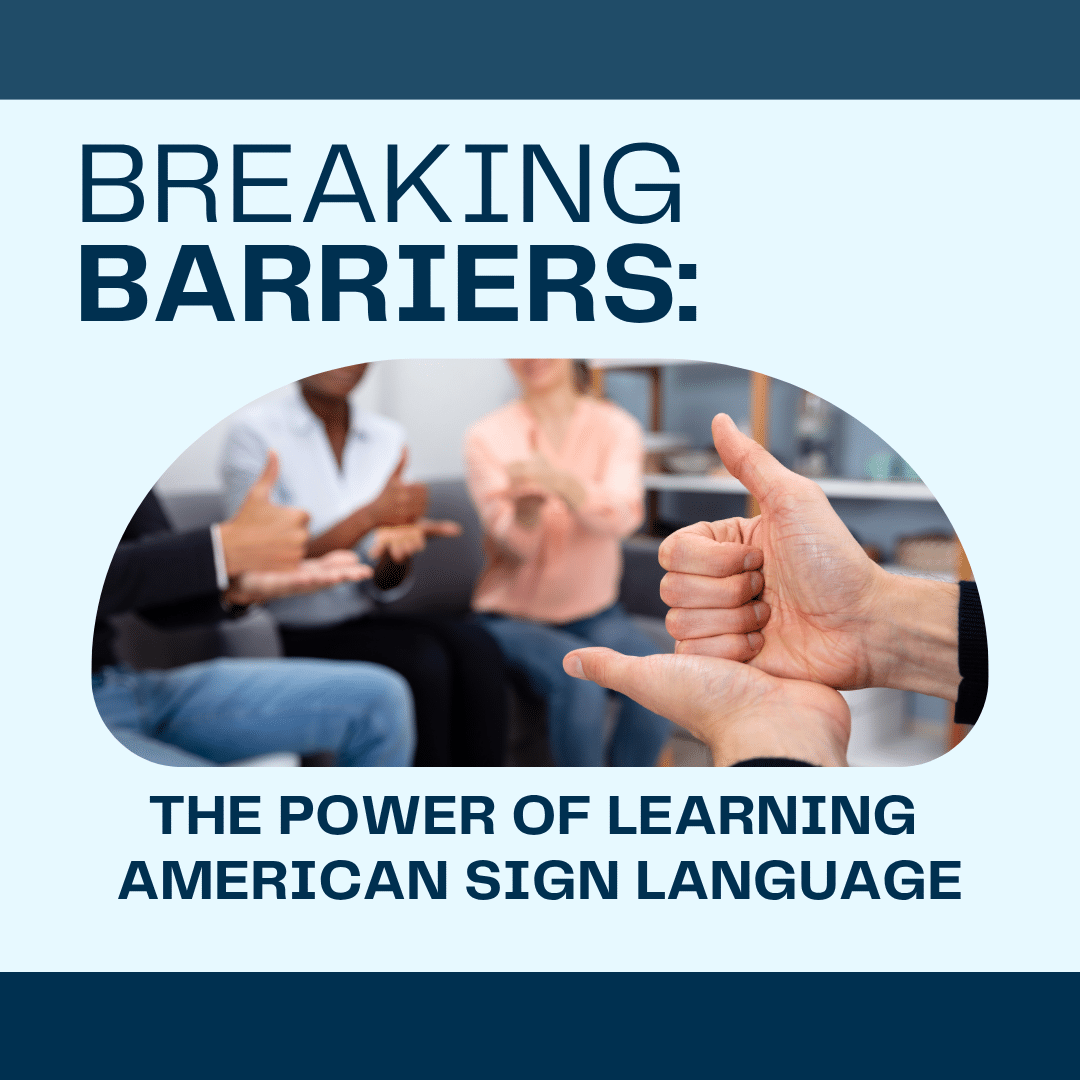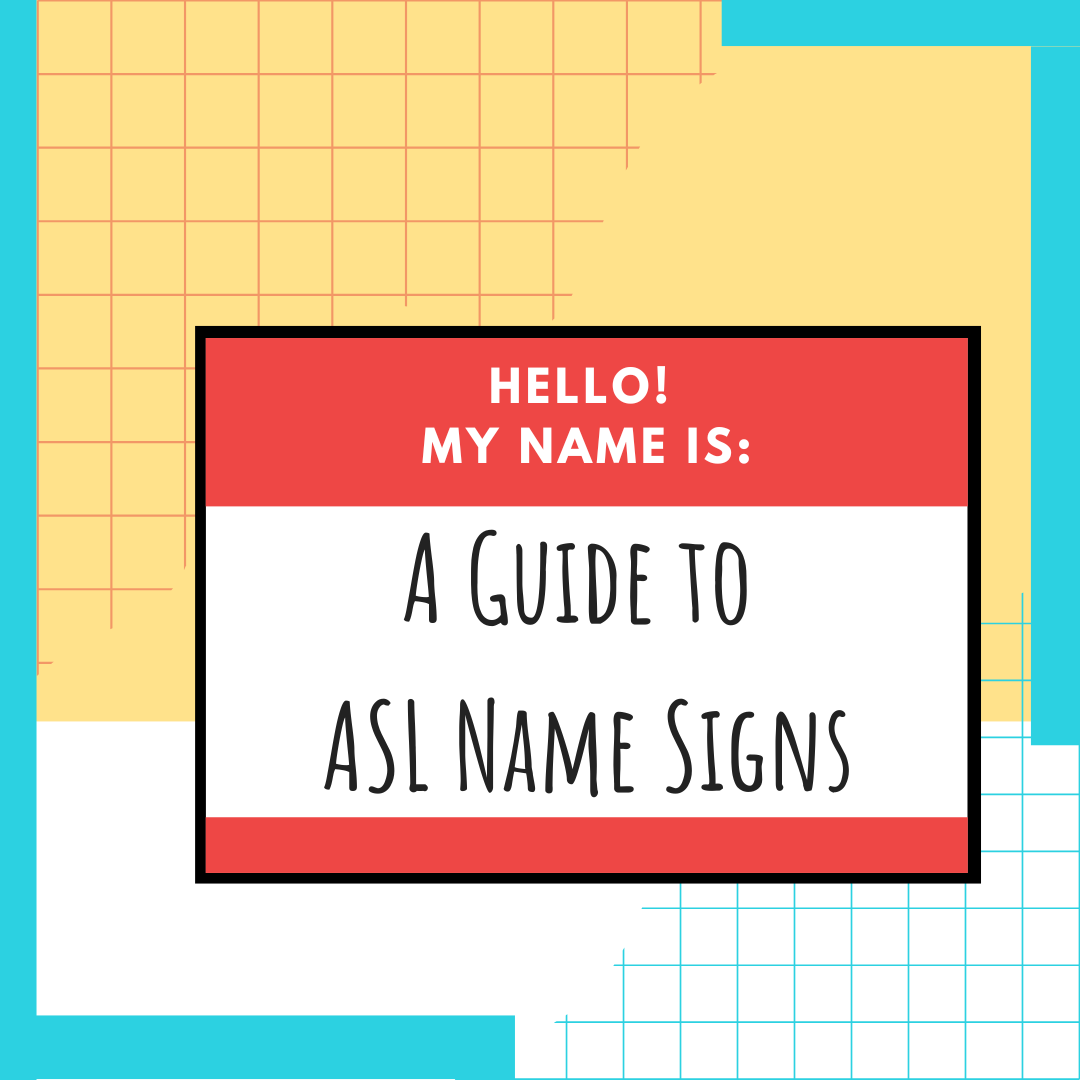
Deaflympics 2022
- by Katelyn Cheng
![deaflympics [Photo Credits: https://www.deaflympics2021.com/photos/]](https://www.startasl.com/wp-content/uploads/elementor/thumbs/deaflympics-pqlob8qhx556c0zlcyp0xrt2ggsnus7r5hupprck5c.webp)
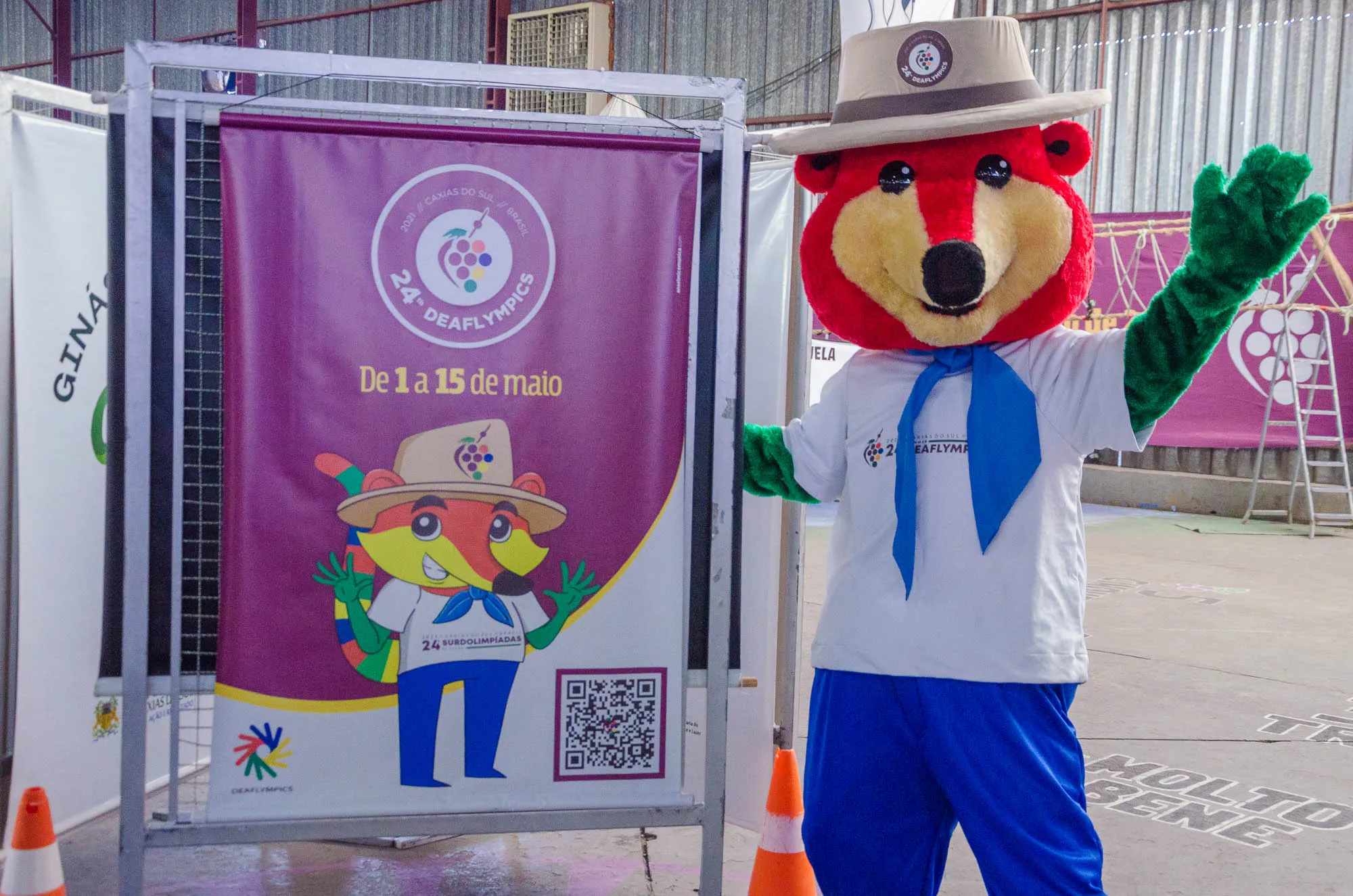
Deaflympics 2022
Deaflympics occurred between May 1 – May 15, 2022. It occurred in Caxias do Sul, Brazil. There were 73 nations who joined Deaflympics and list of medals each countries got. There were a total of 2,408 athletes: 1,644 were men and 764 were women. USA won 20 gold medals, 11 silver medals, and 24 bronze medals. Here is the link of other countries that Deaflympics was hosted at.
HISTORY
The Deaflympics is an international multi-sport event, organized by the International Committee of Sports for the Deaf (ICSD – International Committee of Sports for the Deaf). The first edition, held in Paris in 1924, was also the first sporting event for people with special needs.
The Summer Deaflympics takes place every 4 years and is the oldest multi-sport event after the Olympic Games.
The athletes of the Deaflympics set records and break barriers every time they participate in the Summer and Winter Deaflympics.
Not only do these new records set apply to athletic feats. Since the debut of the first deaf international games, records were also continually broken for the number of nations participating in the Deaflympics as well as the number of new sports added.
The first games, known as the International Silent Games, were held in 1924 in Paris with athletes from nine (9) European nations participating. The games were the brainchild of Eugène Rubens-Alcais, himself deaf and President of the French Deaf Sports Federation.
At a time when societies everywhere viewed deaf people as intellectually inferior, linguistically impoverished and often treated as outcasts, Monsieur Rubens-Alcais envisioned the international sports event as the best answer to prove that the deaf were more than what they were viewed. Antoine Dresse, a young deaf Belgian, was instrumental in helping him accomplish his dream.
The Silent Games were the first ever for any group of people with disabilities. Furthermore, it was the secondly created internationally-competed games of any kind. The modern-day Olympics was the first.
After the initial Paris Games, deaf sporting leaders assembled at a café and established Le Comité International des Sports Silencieux (the International Committee of Silent Sports), commonly known as the CISS. Recently, the CISS was renamed Le Comité International des Sports des Sourds (The International Committee of Sports for the Deaf), the ICSD.
The competition at the games immediately became the social context for countries to deliberate about similarities and differences in the welfare of their deaf people. Over the years, games have been awarded with the aim of spreading these deliberations into new areas. As a result, many of the misconceptions about deaf people were greatly reduced in many parts of society and around the world. Furthermore, inroads are continually being made in the battle against prejudice. The break-down speed of the prejudice has increased as more nations and individuals join in the Deaflympic movement.
The Deaflympics are distinguished from all other IOC-sanctioned games by the fact that they are organized and run exclusively by members of the community they serve. Only deaf people are eligible to serve on the ICSD board and executive bodies.
Today, the number of national federations in the ICSD membership has reached 116, a big difference from the original 9 countries almost 100 years ago! Among recent newcomers enjoying the benefits of this worldwide network of sports and social inclusion include geographically disparate countries such as Lebanon, Paraguay and Mozambique.
Twenty three (23) Summer Games, have been held consistently at 4-year intervals since the initial Paris games. The only exceptions were the cancellation of 1943 and 1947 Games because of World War II.
For the 24th summer edition, it is expected to receive 4,500 deaf athletes and teams from over 100 countries.
As a historical landmark, Brazil will be the First Country in Latin America to host the Summer Deaflympic Games.
LOGO DESIGN
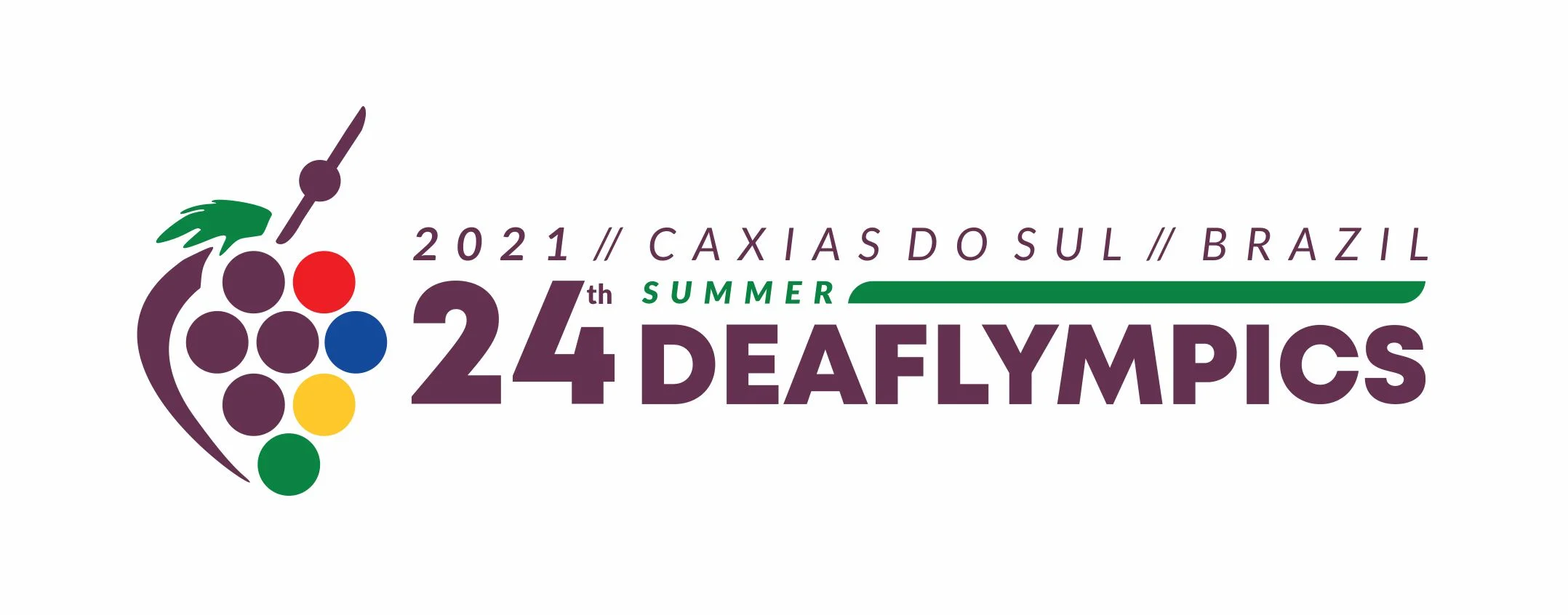
Every time there is a Deaflympics, a logo is branded according to the country the Deaflympics is held at. For this year, Deaflympics was at in Brazil. The logo was designed by University of Caxias do Sul. There are five elements as reference.
1- Hands —> Hands symbolize the Deaf community that gathers at this great event dedicated to sport.
2- Deaf athlete —> The Deaf athlete with his energy, strength, courage and determination.
3 – International Committee of Sports for the Deaf (ICSD) —> Is the world’s leading authority on Deaf sports. The colored grape grains have the colors of the ICSD to represent the entity.
4 – Grape —> Caxias do Sul is part of the Brazilian Tourist Region known as Uva and Wine, located in the northeast of Rio Grande do Sul and with the largest grape and wine production in the country.
5 – Chimarrāo —> Chimarrāo or mate, is a characteristic drink of the culture of southern South America. It is one of the traditions that best represents the people of Rio Grande do Sul for its hospitality and friendship.
MASCOT
Meet the 24th Summer Deaflympics 2021 mascot: Nino!
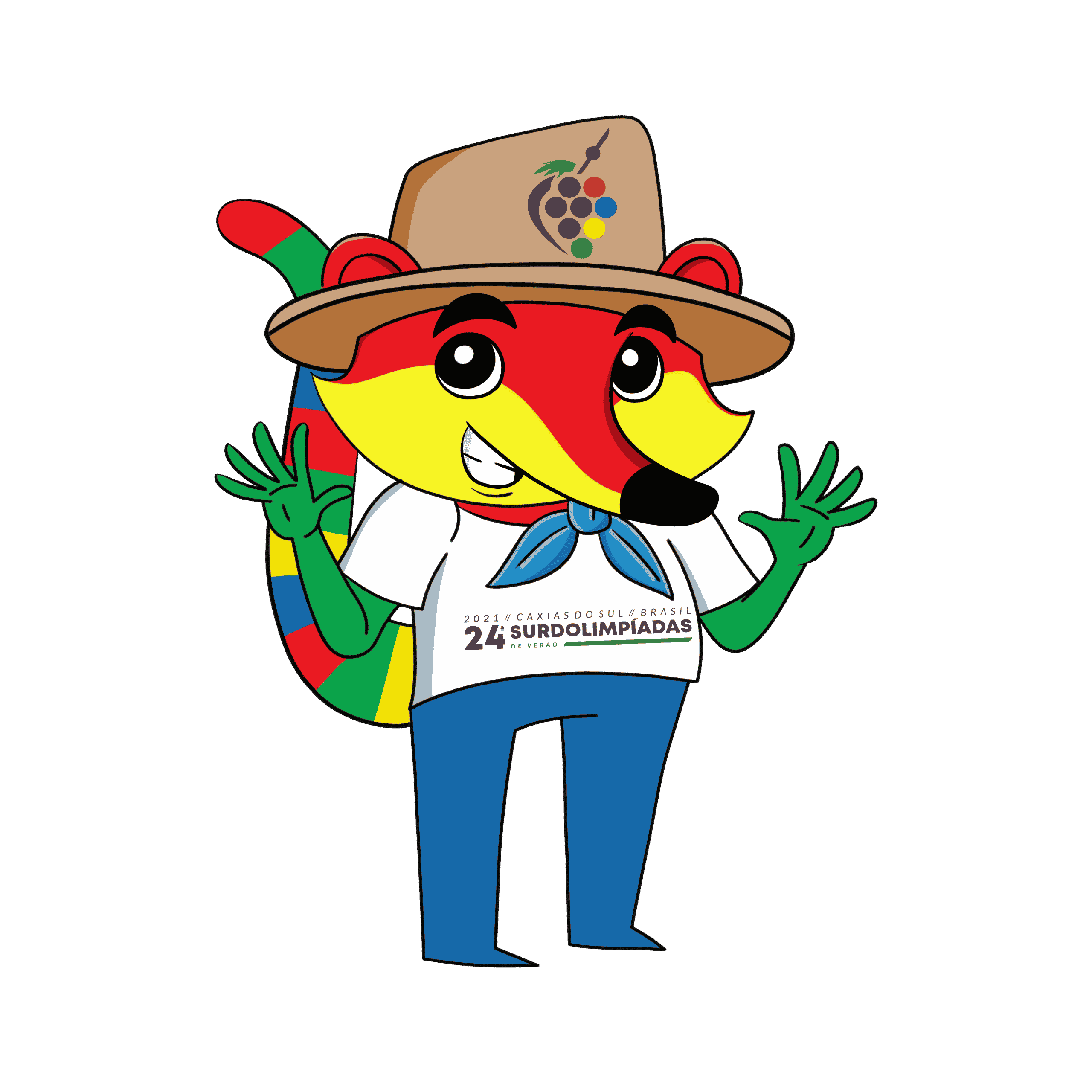
The name chosen for the mascot was Nino, suggested by Felipe Oliveira, 34, from Minas Gerais. This name means: priceless, worthy of appreciation, cheerful, happy, very lucky, auspicious.
The mascot of the Deaflympics is the Ring-tailed Coati!
The ring-tailed coati, flock coati or South American coati (Nasua nasua) lives in forested areas in the tropical and subtropical regions of South America, thus being an animal with a high capacity for adaptation. The hat that accompanies the drawing represents the agricultural culture of the Serra Gaúcha region, and is a symbol of grape producers. The scarf around the neck, on the other hand, refers to gaucho culture and takes on a blue color due to its historical representativeness to the deaf community.
The mascot was chosen through a contest aimed at all high school students from the cities of Caxias do Sul, Farroupilha and Flores da Cunha, and to deaf students living in the cities of Bento Gonçalves, Vila Maria, Torres, Vacaria, Canela, São Sebastião do Caí, Nova Prata, Guaporé, Bom Princípio, Antônio Prado and São Marcos.
SPORTS
The sports that were a part of Deaflympics were Badminton, Basketball, Beach Volleyball, Cycling Road, Football, Golf, Handball, Judo, Karate, Mountain Bike, Orienteering, Shooting, Swimming, Table Tennis, Taekwondo, Tennis, Volleyball, Wrestling Freestyle, Wrestling Greco-Roman.
COMPARISON
Deaflympics is unique and allows Deaf athletes from all over the world. In the Olympics, it is very challenging for Deaf people to compete with other hearing competitors. One of the reasons is that to begin starts at the horn, which will cause Deaf athletes to be late to start. This is unfair for the Deaf athlete as they are at a disadvantage and causing them to have a harder time winning. In Deaflympics, everyone is Deaf and everyone gets the same start cue; therefore it is fair for all the competitors. In Olympics, there are referees and call outs from other players and coaches, which the Deaf person can feel overwhelmed and frustrated. In Deaflympics, everyone communicates with each other in sign, so there is equal access in communication. There is the Olympics, Deaflympics, and Paralympics. The concept of Deaflympics also applies to Paralympics. Paralympics are a periodic series of international multi-sport events involving athletes with a range of physical disabilities, including impaired muscle power (e.g. paraplegia and quadriplegia, muscular dystrophy, spina bifida), impaired passive range of movement, limb deficiency (e.g. amputation or Dysmelia), leg length difference, short stature, hypertonia, ataxia, athetosis, vision impairment and intellectual impairment. Deaf athletes do not compete in Paralympics or athletes that compete in Paralympics do not compete in the Olympics or Deaflympics. However, there can be a Deaf person who have other disabilities such as ADHD, impaired muscle power, etc. that can certainly compete in Deaflympics. Deaflympics is inclusive of everyone, but is especially established to give Deaf people the the ability to play sports and compete with other countries. The accommodations for these athletes are different and since Deaflympics was established specifically for Deaf athletes to compete, it is much easier and makes more sense to compete with others who are Deaf. This is not to say a Deaf athlete can certainly compete in Paralympics or even in the Olympics.
Start Learning ASL Today!
 Ready to start learning real American Sign Language and not just basic signs? Do you want to be a part of the vibrant Deaf community? Check out our Free ASL 1 Course or our Complete 4-Level ASL Course options and start learning ASL today!
Ready to start learning real American Sign Language and not just basic signs? Do you want to be a part of the vibrant Deaf community? Check out our Free ASL 1 Course or our Complete 4-Level ASL Course options and start learning ASL today!
